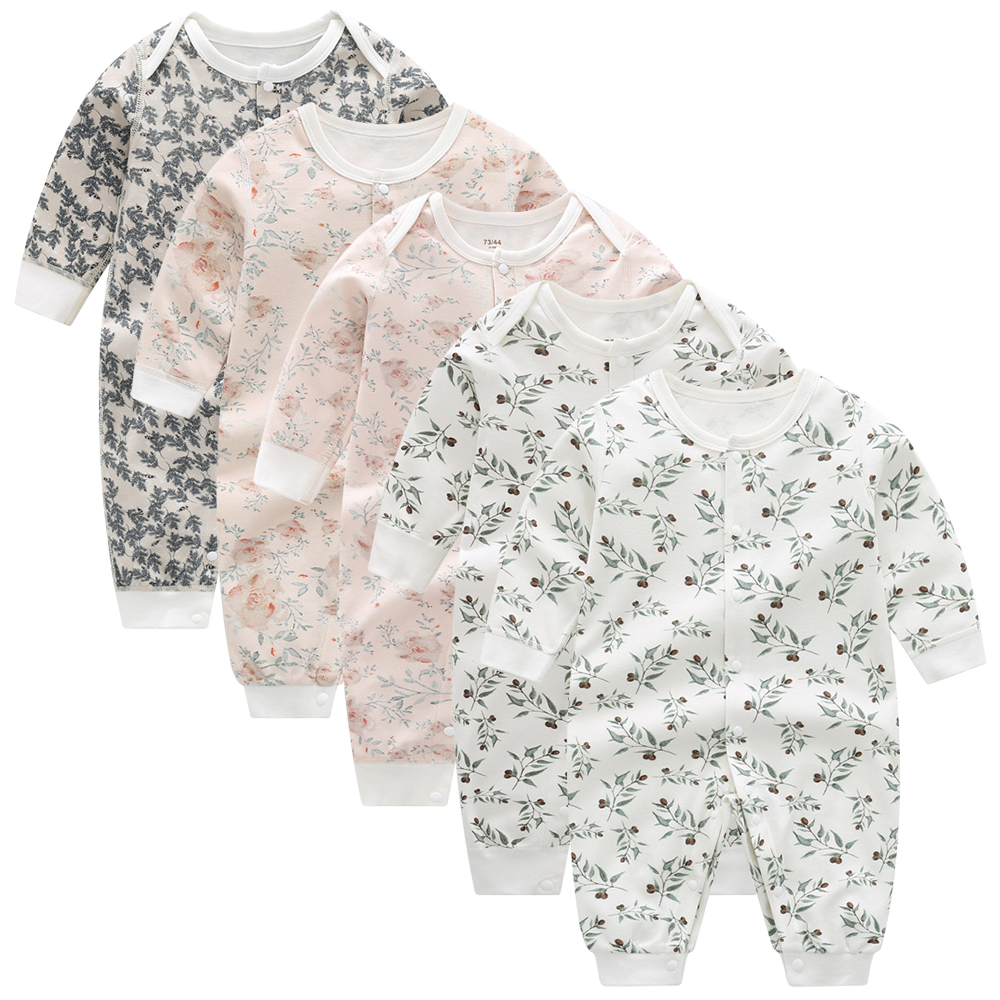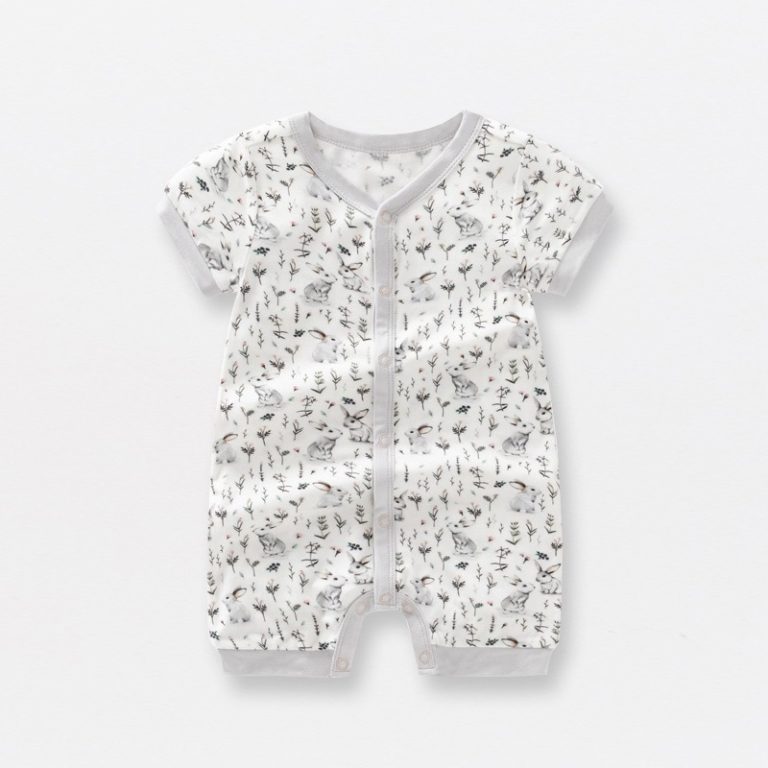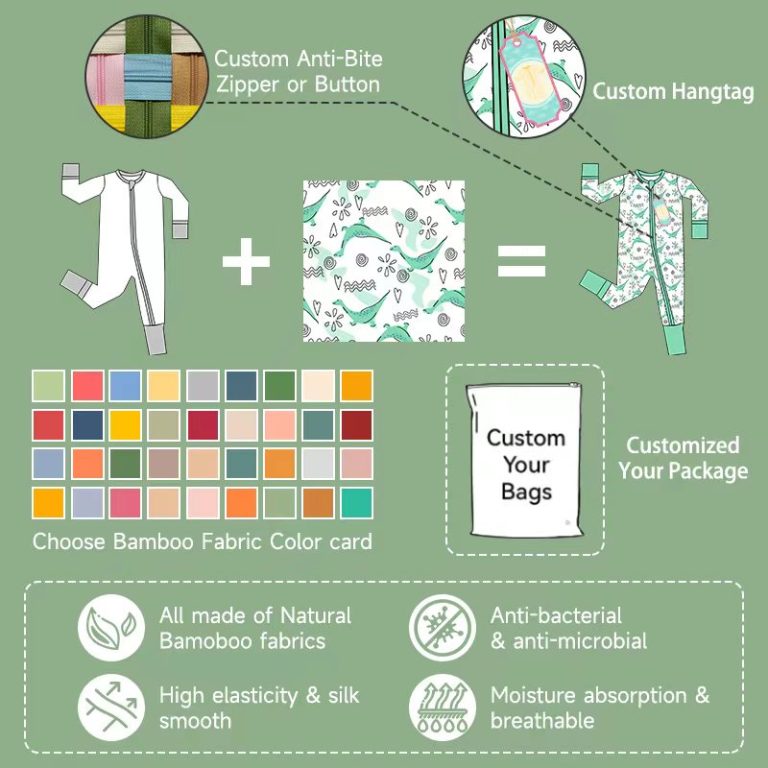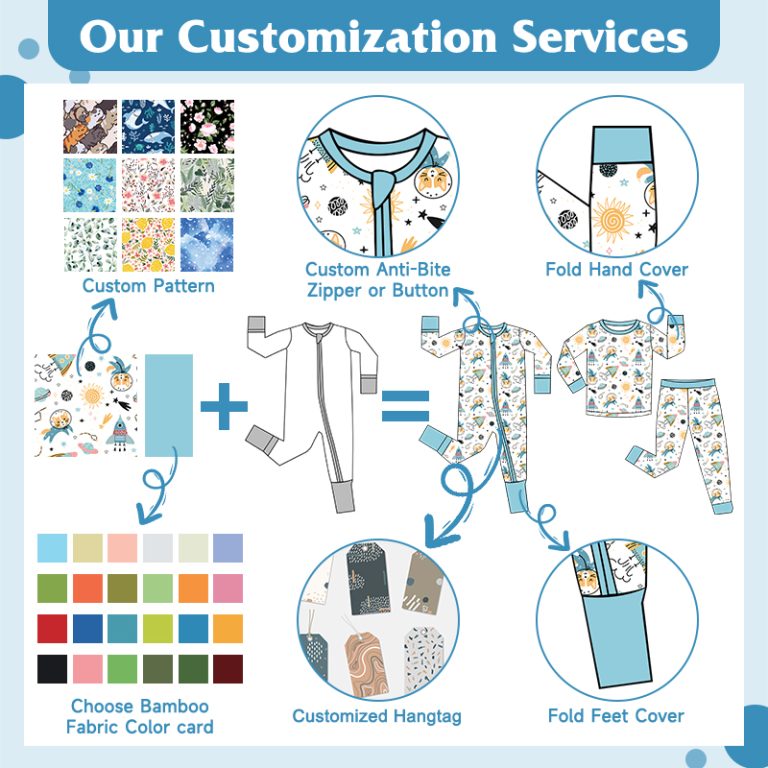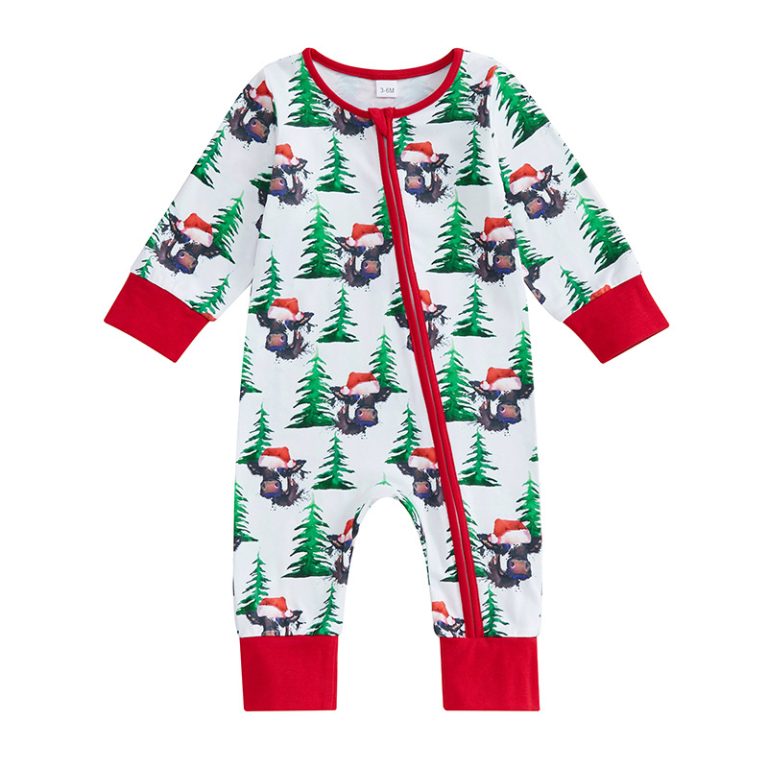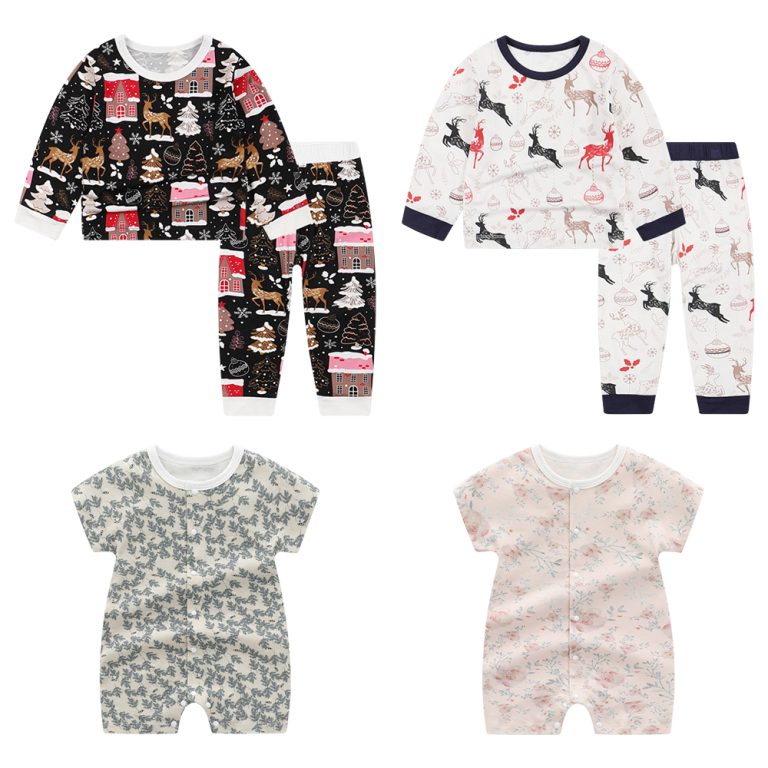ISO14001 Environmental Management System baby bamboo sleepsuit Dependable-Source Chinese Factories
# ISO14001 Environmental Management System Baby Bamboo Sleepsuit: Dependable-Source Chinese Factories
As environmental consciousness continues to rise globally, sustainable practices have become a pivotal component of modern manufacturing. Among the various sectors, the textile industry is undergoing significant transformation, focusing on reducing its environmental footprint. An integral part of this change is the adoption of the ISO14001 Environmental Management System. This standard is especially relevant for products like baby bamboo sleepsuits, a popular choice for parents seeking eco-friendly and gentle options for their children. Understanding how dependable-source Chinese factories integrate these practices provides insight into both the ethical production and quality inherent in these products.
Fiber: The Foundation of Sustainable Sleepsuits
Bamboo fiber is celebrated for its sustainable properties, making it an excellent choice for baby clothing. Unlike conventional cotton, bamboo grows rapidly without the need for pesticides or chemical fertilizers, and it requires significantly less water. This makes bamboo not only environmentally friendly but also cost-effective, as it minimizes resource consumption and environmental impact.

Cooler sleep
In factories that adhere to the ISO14001 standard, the processing of bamboo fiber into fabric is carefully monitored to minimize environmental harm. The management system ensures that every step, from harvesting to production, complies with environmental regulations and seeks continual improvement. By focusing on responsible sourcing and processing methods, these factories maintain the natural benefits of bamboo, such as its softness and breathability—qualities particularly important for sensitive baby skin.
Certification: ISO14001 and Beyond
ISO14001 certification serves as a mark of environmental responsibility and commitment to sustainable practices. For Chinese factories producing bamboo sleepsuits, obtaining this certification involves setting clear environmental objectives, ensuring compliance with relevant legislation, and implementing strategic programs to reduce waste and emissions.
The benefits of ISO14001 certification extend beyond environmental management. These factories often adhere to additional certifications to reinforce their commitment to quality and safety. For instance, Oeko-Tex Standard 100 ensures that the textile product is free from harmful substances. Such certifications are crucial for baby products, assuring parents that the items are safe for their little ones.
The rigorous standards of ISO14001 also promote transparency. Certified factories must maintain comprehensive documentation and undergo regular audits. This transparency fosters trust among consumers who are increasingly demanding proof of ethical and sustainable manufacturing practices. By sourcing baby bamboo sleepsuits from factories with these certifications, consumers can be confident they are supporting facilities that prioritize environmental stewardship.
Factories: The Role of Dependable-Source Chinese Manufacturers
Chinese factories have established themselves as leaders in the production of bamboo textiles, thanks in part to their advanced manufacturing techniques and adherence to international standards like ISO14001. These factories leverage their expertise and infrastructure to produce high-quality baby bamboo sleepsuits at competitive prices, all while minimizing environmental impact.
The implementation of ISO14001 within these factories often involves comprehensive strategies that address energy efficiency, waste management, and pollution reduction. These facilities may employ state-of-the-art machinery that conserves energy and implements recycling programs to manage manufacturing waste effectively.
Furthermore, these factories often engage in community initiatives and environmental conservation efforts. By investing in local communities and natural habitats, they not only enhance their corporate social responsibility but also contribute to the sustainability of their resources and workforce. This holistic approach underscores the importance of considering the broader social and environmental context in which these manufacturers operate.
Seasonal Use: Adapting to Changing Needs
The innate properties of bamboo fabric make baby sleepsuits versatile across seasons. Bamboo’s natural thermal-regulating capability keeps babies warm during cooler months and cool in warmer weather. This adaptability reduces the need for multiple products tailored to each season, thus contributing to lower consumption and waste.

Hollow fibers
In addition to its thermal properties, bamboo fabric is highly absorbent and has natural antibacterial qualities. These features ensure that baby remains dry and comfortable, even in changing weather conditions. This is especially important for active infants who may sweat during play or sleep.
Dependable-source Chinese factories understand the need for versatility in baby clothing. Their design and production processes incorporate feedback from consumers and adapt to market demands to ensure product offerings meet varied seasonal needs while maintaining sustainability.
In conclusion, ISO14001 Environmental Management System-certified Chinese factories play a crucial role in the production of sustainable baby bamboo sleepsuits. By focusing on sustainable fiber sourcing, achieving rigorous certifications, and implementing innovative manufacturing techniques, these factories provide high-quality products that are safe for babies and gentle on the planet. Their commitment to environmental management and adaptability across seasons makes them a reliable source for eco-conscious consumers. As the demand for sustainable and ethical baby products grows, these factories continue to lead the way in responsible manufacturing practices.

